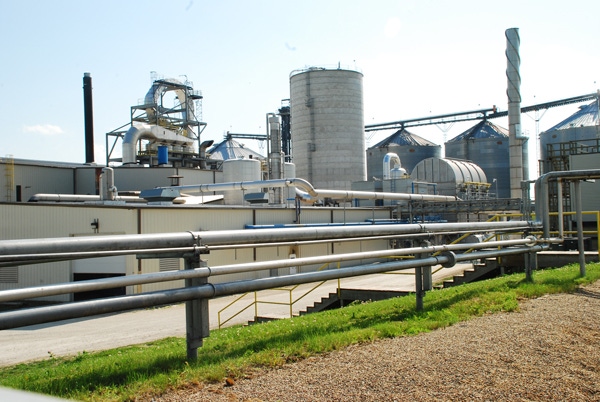
By Mario Parker and Jennifer A. Dlouhy
The impeachment inquiry into President Donald Trump is reverberating in the market for biofuel credits as his fight against Democrats is likely to take precedence over the “giant package” for ethanol and farmers he promised in late August.
Prices for Renewable Identification Numbers, or RINs, the credits used by refiners to show compliance with U.S. quotas for grain-based ethanol and biodiesel, have lost at least $1.4 billion in value since Sept. 18, when reports surfaced that a whistleblower complaint centered around Trump’s communications with a foreign leader, later revealed as Ukraine President Volodymyr Zelensky. On Sept. 24, House Speaker Nancy Pelosi, a California Democrat, announced the start of an impeachment inquiry.
Before that grabbed the president’s attention, Trump and top administration officials had spent weeks trying to develop a plan for advancing biofuel and appeasing agricultural interests, without alienating oil companies. Both constituencies helped him win the election in 2016. At issue is the government’s handling of waivers that exempt oil refineries from requirements to use renewable fuels. Trump tweeted Aug. 29 that “farmers are going to be so happy” about a “giant package” the administration was working on.
During Trump’s last major meeting on the issue, the president told oil-state senators there was no reason RINs tracking ethanol consumption should exceed 10 cents, according to two people familiar with the matter. However, there was no consensus on how to keep those costs in check, such as by price caps, rebates or EPA sales of waiver credits. Without any White House agreement on a cost-containment mechanism -- much less support from biofuel producers who opposed price caps -- the idea further stalled progress on a final package.
“He obviously tried to thread the needle,” said Craig Irwin, an analyst at Roth Capital Partners LLC. “Now he’s too distracted to make the decision.”
Prices for RINs tracking 2019 ethanol targets have fallen 31% to 17 cents apiece since Sept. 18. Biodiesel RINs and advanced biofuel RINs have declined 7.7% during that same period, according to broker data compiled by Bloomberg. The figures don’t account for RINs tracking cellulosic ethanol.
Even before the impeachment inquiry, there were signs that Trump was increasingly frustrated in trying to find a middle ground between oil and agriculture. In the meeting with oil-state senators, he said trying to reach an accord between the two interests was more difficult than dealing with the Taliban.
To contact the reporters on this story:
Mario Parker in Chicago at [email protected];
Jennifer A. Dlouhy in Washington at [email protected]
To contact the editors responsible for this story:
James Attwood at [email protected]
Patrick McKiernan
© 2019 Bloomberg L.P.
Read more about:
EthanolAbout the Author(s)
You May Also Like




